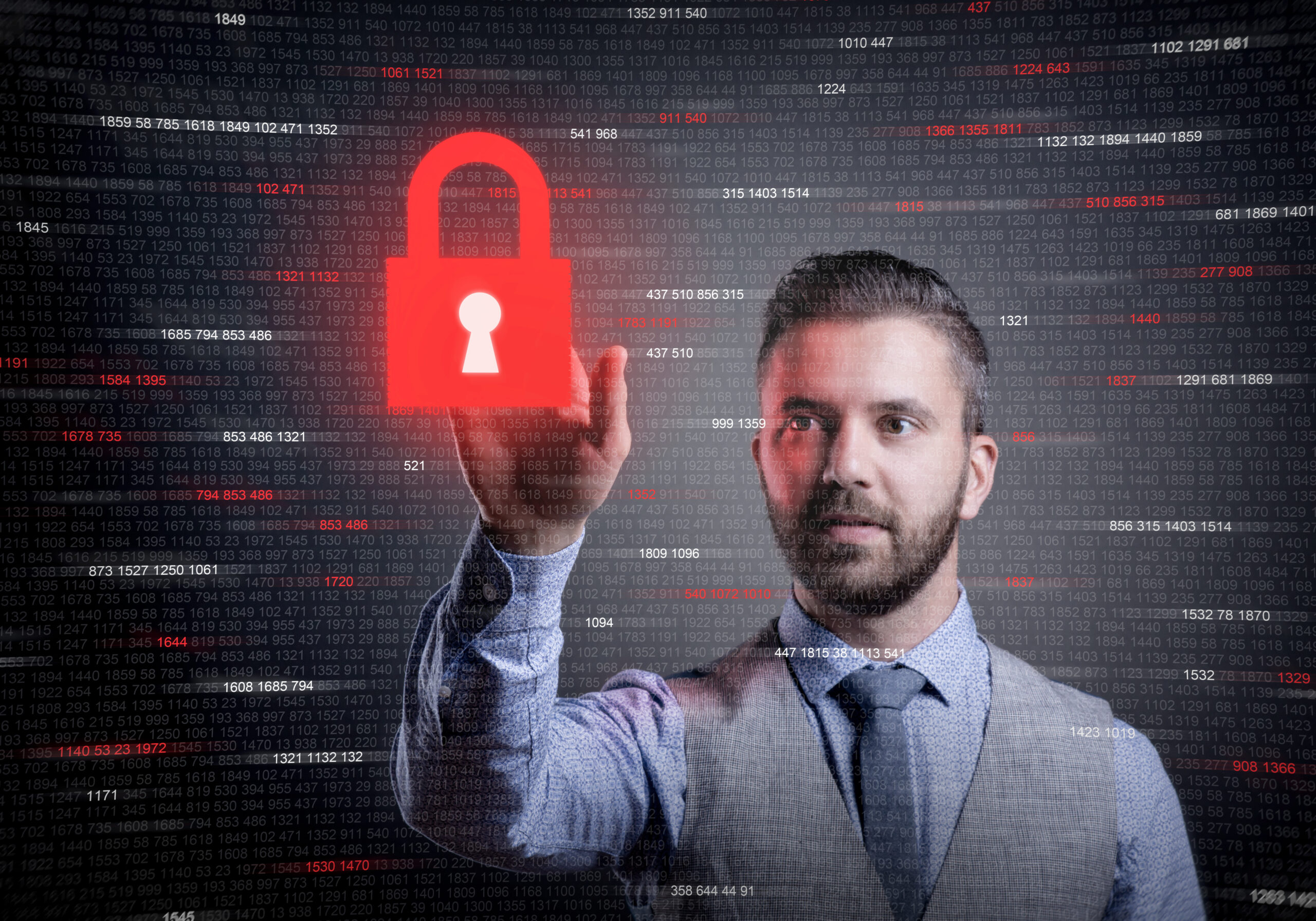Welcome to my blog post about cybersecurity and privacy. In today’s digital age, it is more important than ever to keep your personal information safe from cyber threats. With the rise of technology, our lives have become increasingly interconnected, making us vulnerable to a range of online risks. In this article, we will explore how you can protect yourself from these dangers and safeguard your private data.
Introduction to Cybersecurity and Privacy:
Cybersecurity refers to the practice of protecting computer systems, networks, and sensitive information from unauthorized access or attack. It encompasses a wide range of measures designed to prevent hackers, viruses, malware, phishing scams, and other forms of cybercrime. Privacy, on the other hand, relates to an individual’s right to control their own personal information and determine who has access to it. Both concepts are closely linked, as maintaining strong security practices helps ensure that your personal information remains confidential and secure.
Common Threats to Your Personal Information Online:
There are many different types of cyber threats that can put your personal information at risk. Some common examples include:
Phishing attacks: These involve sending fraudulent emails or messages in order to trick people into revealing sensitive information such as passwords or credit card numbers.
Malware: This includes any type of software that is designed to harm your device or steal your data, including viruses, worms, Trojans, and ransomware.
Identity theft: This occurs when someone gains access to your personal information and uses it for their own purposes, such as opening new accounts or making purchases in your name.
How to Protect Yourself from Cyber Attacks:
Fortunately, there are several steps you can take to protect yourself from these kinds of threats. Here are some tips for keeping your personal information safe:
1. Use strong passwords: Make sure all of your online accounts use unique and complex passwords that cannot be easily guessed by hackers. Consider using password management tools to help you remember them.
2. Enable two-factor authentication: Many websites now offer this feature, which requires users to enter a second form of identification (such as a code sent via text message) before granting access to their account.

3. Keep your devices up-to-date: Regularly update your operating system, web browser, and antivirus software to ensure they are protected against known vulnerabilities.
4. Be cautious with links and attachments: Never click on suspicious links or download unknown files from untrusted sources.
5. Use a virtual private network (VPN): A VPN encrypts your internet traffic and masks your IP address, helping to protect your identity and location while browsing the web.
Importance of Strong Passwords and Two-Factor Authentication:
Strong passwords and two-factor authentication are critical components of any effective cybersecurity strategy. Weak passwords make it easy for hackers to gain unauthorized access to your accounts, while lack of two-factor authentication means that even if your password is compromised, there is no additional layer of protection. By implementing both of these measures, you significantly reduce the chances of falling victim to cyber crimes like identity theft and financial fraud.
Tips for Safe Browsing and Shopping Online:
In addition to the above recommendations, here are some additional tips for staying safe while browsing the web and shopping online:
1. Only shop on reputable sites: Look for websites that have SSL certificates (indicated by “https” in the URL), positive reviews, and clear return policies.
2. Beware of public WiFi: Public wireless networks may not be secure, so avoid entering sensitive information (like passwords or credit card details) over them.
3. Check your bank statements regularly: Review your transactions frequently to catch any unauthorized activity early.
Conclusion: Recap on Keeping Your Personal Information Safe in the Digital Age:
Protecting your personal information in the digital age requires vigilance and awareness. By following best practices like using strong passwords, enabling two-factor authentication, keeping your devices updated, being cautious with links and attachments, using a VPN, and practicing safe browsing and shopping habits, you can greatly reduce your risk of becoming a victim of cyber crime. Remember, taking proactive steps to safeguard your personal information is essential in today’s digital world.